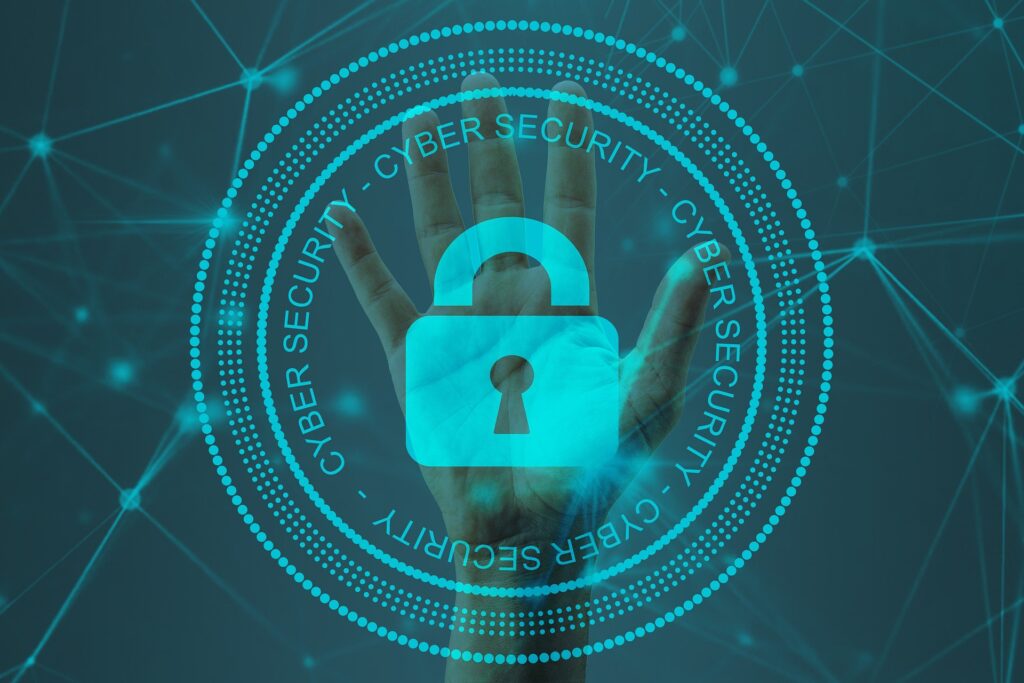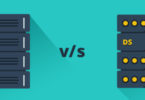N’Gunu Tiny, Founder and Executive Chairman of the Emerald Group, is an expert in transformative tech and social innovation. His book ‘Impacting Lives’ will be published in Fall 2021…
Secure, constant connectivity is a given in most developed countries. And during the pandemic it has become essential for just about everything we do.
N’Gunu Tiny on Why cybersecurity is vital for social innovation in Africa to progress

However, just 40% of people in Africa currently have Internet access and around 237 million people can access a smartphone. By 2025, it’s estimated that this will have doubled, which is great for entrepreneurs and businesses.
But behind the scenes, there is an increasing potential for an online security crisis in Africa, due to policy, regulatory and oversight issues as well as infrastructure problems. We ask N’Gunu Tiny, a social innovation and transformative tech expert, what this means for social innovation in Africa.
Explaining the link between online security and social innovation in Africa
Q: Why is there such potential for start-ups within the online safety sector in Africa?
Africa is fast becoming connected. There has been a massive increase in Internet and mobile technology access over the last few years. This is naturally extremely positive for the raft of potential from entrepreneurs and start-ups in Africa. They can use this connectivity to come up with the kinds of socially innovative solutions we need across education, healthcare and finance, for example.
Less well known to most people is the growing community of non-profit organisations (NPOs), start-ups and education institutions working on cybersecurity in Africa.
Q: What kinds of problems is Africa dealing with when it comes to online safety?
In simple terms, Africa does not have the traditional type of IT infrastructure. This compromises online safety across African countries. The kinds of information and communications technology (ICT) I’m talking about is insecure, unstructured and out of date in most cases.
Furthermore, networks, software security systems and information security systems are limited and often weak.
Q: What kinds of measures have been taken to deal with this?
To date, not many. Policy makers and Governments do not appear to have put much thought or time into online security in Africa. At this point, with online connectivity a major catalyst for economic growth and the digital economy, it’s clear this is an oversight that must be rectified.
If we turn to the International Telecommunication Union’s Global Cybersecurity Index, which ranks each country’s commitment to cybersecurity, we see that more than 80% of African countries are firmly in the bottom half.
Issues including technology, capacity building, networks, and legalities combine to mean most African Internet users are vulnerable to all kinds of cyber threats. These range from financial scams to identity theft, terrorist recruitment and fake news and disinformation.
Q: What are companies and educational institutions doing to combat this?
Rather than wait for policy changes that may come too late, we’re seeing an uptick in action from NPOs, educational institutions, entrepreneurs and start-ups across African countries. They are all working to combat threats surrounding cybersecurity from different angles.
For example, ChildFund International (based in Kenya) is taking a logical approach to preventing online sex trafficking. Through extensive research, training across schools and communities, along with careful policy development, ChildFund intends to change the very ecosystem along which this kind of threat runs.
Over in Nigeria, the Hive Creative Guild is working in a totally different way. Through gamification of online safety information and advice, the company is rewarding people who take part with services.
And in South Africa, the Centre for Analytics and Behavioural change is using expert knowledge in academia and advanced social media analytics to ensure that the right information gets to the right people. With a specific focus on combating the misinformation spread online about the pandemic, the Centre counters this deliberate disinformation and disrupts the propagating division networks.
Along with a further 23 organisations, these three projects have been granted funds from Impact Amplifier, a new funding scheme. Backed by Google.org and using knowledge and expertise from the Institute for Strategic Dialogue, the capacity for online safety in Africa is building.
Q: What trends are showing within the sector in Africa?
In June 2020, the ASOF surveyed to work out exactly where online safety stands in Africa. Companies from 33 African countries took part, which they estimate covers in excess of 90% of all of the active initiatives on the continent.
As well as awarding grants that particularly prioritise women and children (as they are the most vulnerable), the ASOF has come up with a number of major themes about online safety in Africa. These include:
- The sector is in its early stages of development
So far, there are not many online safety interventions in Africa. And of those that do exist, none have yet been scaled. The interventions tend to be small in terms of their reach and their scope, and often don’t have full understanding of the issues.
The reason the sector is so new in Africa is a lack of resources. Most online safety solutions on the continent are under the control of the public sector and philanthropic community. Neither of these groups actively prioritise online safety.
- The scale of the threat is not yet properly understood
While some countries in Africa have a good grasp of the scale of the problem, in many other countries online risk is poorly understood. Most research into online safety concentrates on the Global North and at most include a maximum of two African countries.
This makes the scale of the cybersecurity problem in Africa difficult to measure and difficult to quantify. Without a unified approach, identifying key trends and conducting the right research is slowed down. However, there is plenty of anecdotal evidence that fraud, terrorist recruiting, scams, phishing and sex crimes are taking place.
- Best practice approaches are not established
With very few exceptions, there are no standardised online safety measures in Africa. This is partly because the sector is nascent and partly due to the lack of resources. This means that the solutions that are being developed are not scaled and haven’t been proven outside of the locality.
- Weak legal enforcement
Only 15% of countries in Africa have a proper legal framework to deal with online fraud and crimes.
Q: Why do you think online security is key to social innovation in Africa?
Online access is vital for education, economic and financial inclusion, human connection and healthcare delivery in Africa. The pandemic has shown just how much it redresses inequality and lack of balance sadly prevalent in the offline world. It’s so important that online security in Africa is tackled so that small businesses, entrepreneurs, start-ups can continue developing and delivering the solutions we need to address social innovation.







Leave a Comment
You must be logged in to post a comment.